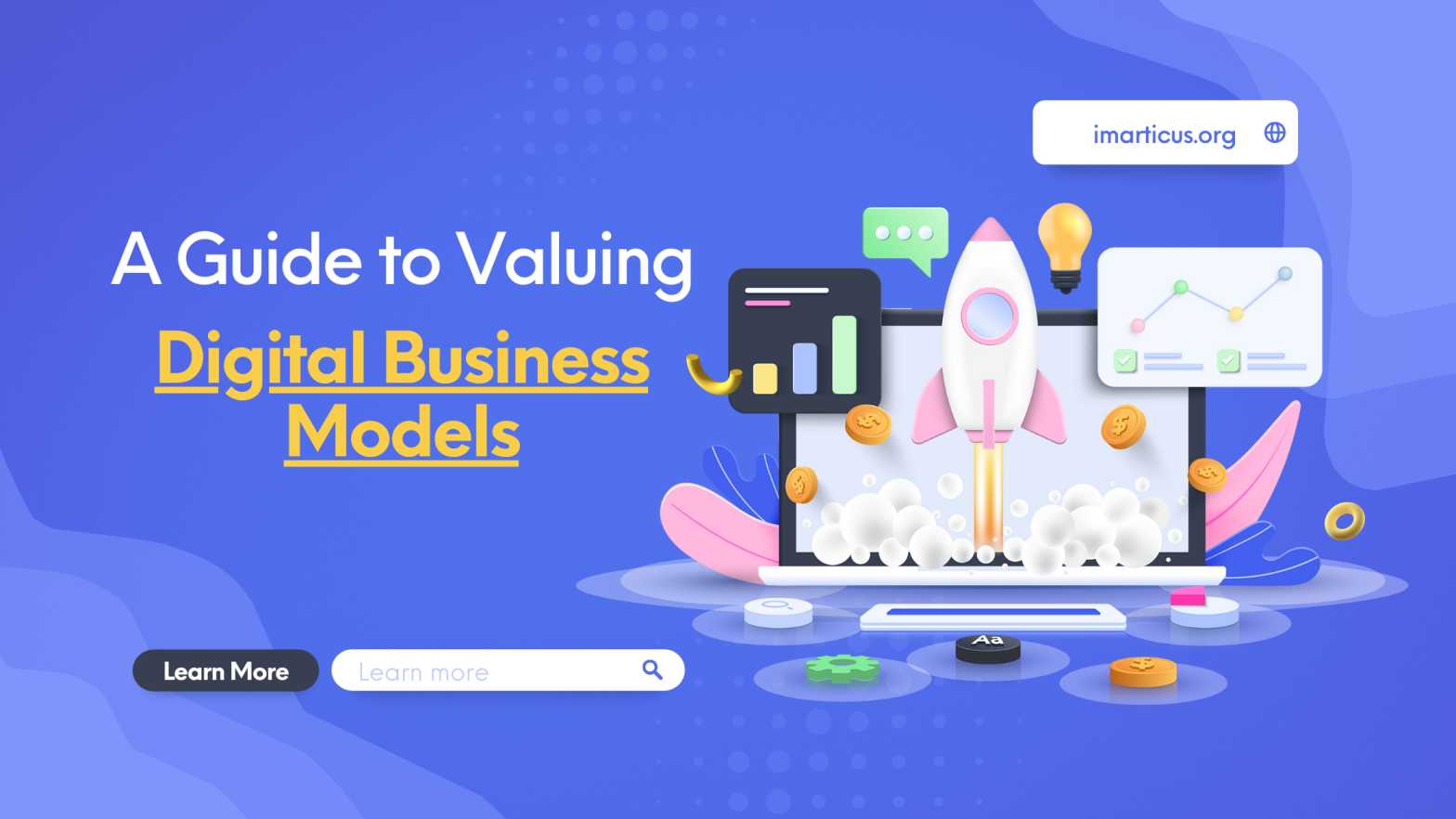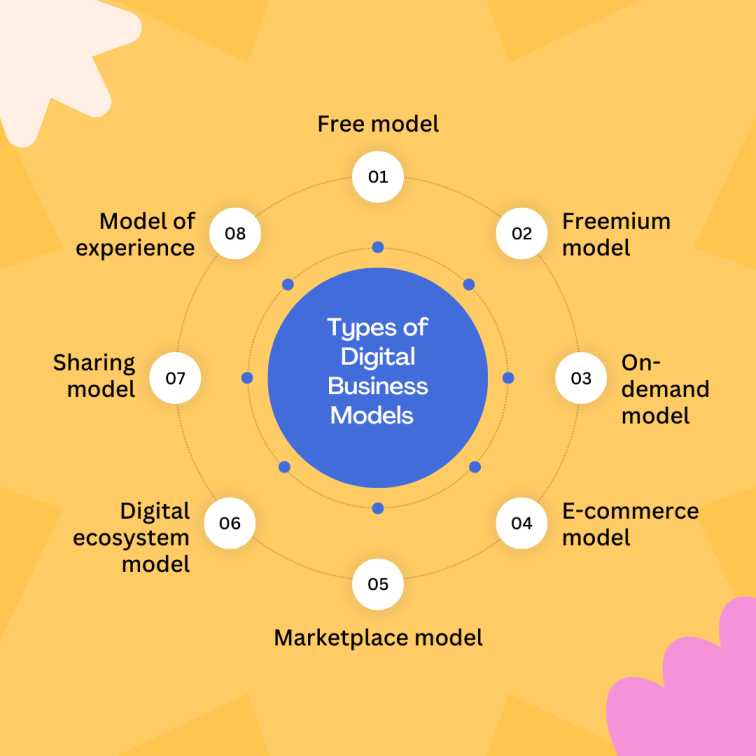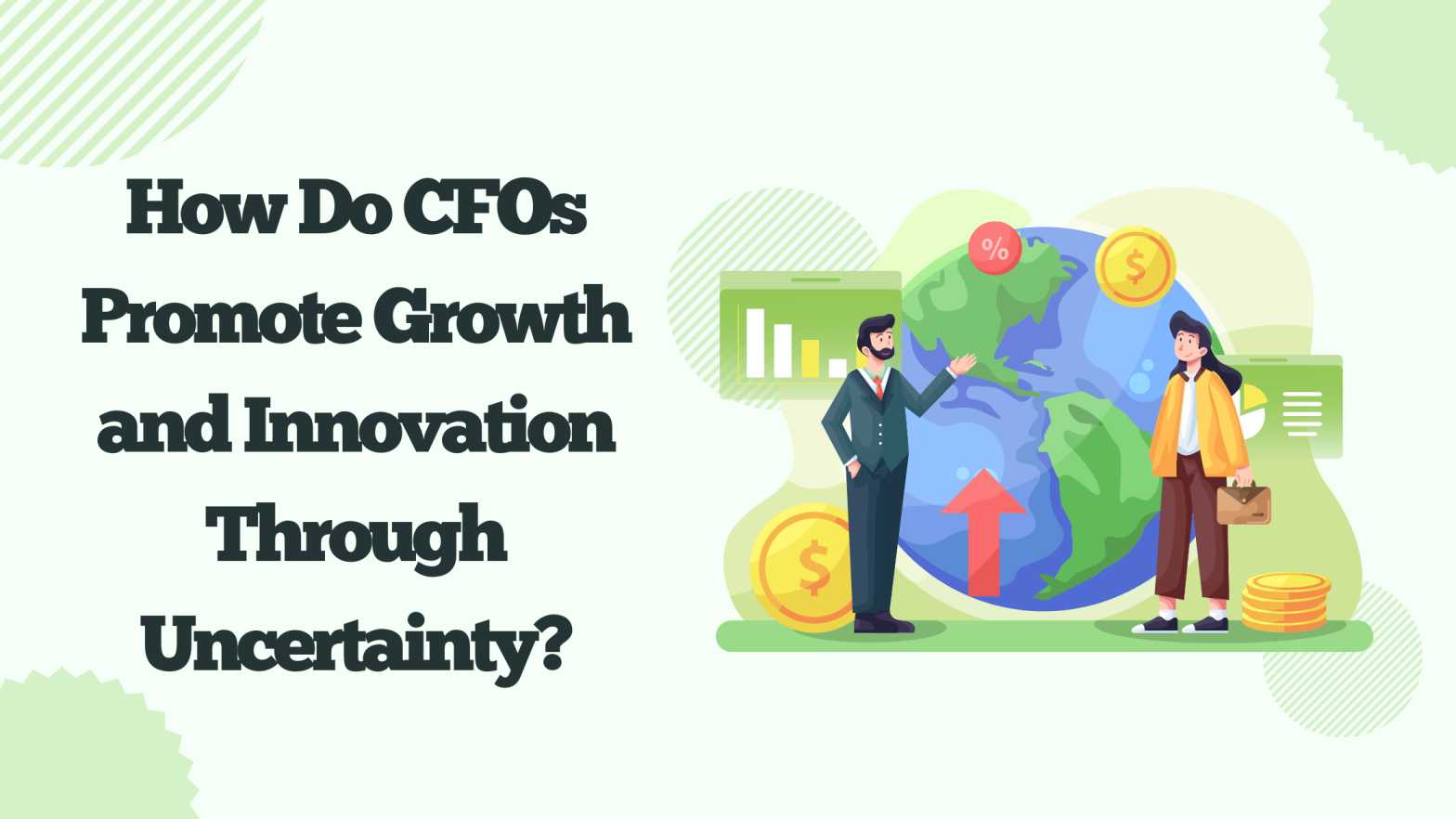In a centralised organisation, decision-making authority is concentrated at the top, and all lower levels of the hierarchy obey directives from the top. A decentralised organisation, on the other hand, spreads decision-making authority over multiple individuals or departmental teams.
Various variables, such as the dimensions of the company, the tradition, and the nature of the commercial enterprise, impact the selection between centralisation and decentralisation. Possessing an accredited
ACCA course can lead to a higher pay grade as it tells employers that you have been quality-assured by industry standards.
Centralisation
Centralisation is an organisational structure or situation in which decision-making power and authority are concentrated at the top level of management. It entails concentrating decision-making processes and control within a few important leaders or executives. In a centralised organisation, lower levels of the hierarchy follow the orders and choices of top-level management.
Advantages
- Enhanced quality of work: Standardised processes and greater supervision in a centralised organisation result in enhanced quality of work.
- A clear chain of command: A centralised organisation benefits from a clear chain of command, where every employee inside the company understands who to report to.
- Reduced office and administrative expenses: Centralised businesses adhere to standard procedures and practises, which helps decrease office and administrative costs.
- Faster decision-making: With fewer individuals, centralised businesses often react more swiftly to a dynamic marketplace.
- Control and accountability: In a centralised system, there is a higher level of control and responsibility, as decision-making authority is concentrated at the top.
- Order and efficiency: Centralisation enhances order and efficiency in company processes since top-level management can assure compliance with choices made.
Disadvantages
- Lack of flexibility: Centralisation can lead to a lack of flexibility and longer decision-making processes since all choices need to go via the top-level management/
- Confined local autonomy: Lower-level employees may feel confined in their decision-making power and may not have the ability to make judgements that are best suited for their individual situations/
- Communication challenges: Communication can be difficult in a centralised company since information needs to go through numerous levels of management before reaching the lower levels.
Decentralisation
Decentralisation is an organisational system in which day-to-day operations and decision-making tasks are delegated by top management to middle management In embedded organisations, top management delegates the authority to make certain decisions to lower-level members of the board.
Advantages
- Frees up top management: Giving lower-level managers decision-making autonomy frees up senior management and helps top managers concentrate more on important decisions.
- Empowers team members: Decentralised frameworks provide team members more authority by allowing them to use their skills, expertise, and abilities to make significant contributions at work.
- Reduces the pressure of daily work: A decentralised organisational structure reduces the stress of daily operations and frees up senior management to focus more on long-term objectives.
- Maintains self-sufficiency: Since managers and employees are accustomed to functioning independently, a decentralised structure increases the likelihood that the organisation will maintain self-sufficiency.
Disadvantages
- Loss of control: With decentralisation, senior managers may lose control over their subordinates by giving too much authority. This can lead to uneven decision-making and a lack of alignment with company goals.
- Greater costs: Decentralisation typically involves employing skilled employees to accept power, resulting in greater administrative expenses.
- Coordination difficulties: Decentralisation can make coordination and control more problematic, as consistent processes may not be followed across various divisions or departments.
- Inter-divisional rivalry: Decentralisation can cause competition and rivalry among various divisions or departments since divisional leaders may feel increasing pressure to earn profits at any cost.
- Lack of synergy and coordination: Poor synergy and coordination are frequent downsides of decentralisation. Without effective coordination, choices may be uncoordinated or inconsistent with the broader organisational plan.
Hybrid Model
A hybrid model in companies refers to a work structure that mixes both remote labour and on-site work. It allows employees to select where and when they work, balancing autonomy and assistance. The particular characteristics of a hybrid model might vary based on the organisation’s goals and the preferences of its personnel.
Here are some key aspects of a hybrid model:
- Productivity and engagement: A hybrid strategy may boost employee satisfaction and productivity by allowing for flexibility.
- Designing the model: Each organisation is responsible for creating a hybrid model that satisfies its unique requirements. This may involve iterative processes and methodical thinking.
- Problems: Managing a hybrid workforce may be difficult, especially when choosing the optimal hybrid model and accommodating remote and on-site workers’ demands.
Implementing a successful hybrid work model requires careful planning and consideration of human concerns, not just institutional ones.
Centralisation vs. Decentralisation: Determining the Superior Approach
Both methods possess their own set of merits and boundaries. The choice among the 2 hinges on different factors, which include the dimensions of the organisation, the inherent characteristics of its operations, and its overarching strategic goals.
Factors to consider when deciding between centralisation and decentralisation
- Decision-making abilities: Decentralisation involves more persons from each level than centralisation, which focuses decision-making in the hands of a limited number of people.
- Time: Due to the concentration of authority, choices made through centralisation may take longer than those made through decentralisation as they are made closer to the action.
- Leadership and coordination: While decentralisation spreads the load of top-level administration, centralisation offers overall supervision and coordination.
Balancing the Two
Achieving the perfect balance between total centralisation and absolute decentralisation is unattainable in the real world. Thus, it becomes crucial to discover the optimal equilibrium between these two models that will be effective for the organisation.
CEOs may encourage a more informed discussion by posing important queries like the ideal ratio of centralisation to decentralisation for the business, the advantages and disadvantages of each approach, and how the company can achieve the right balance.
Conclusion
Centralisation and decentralisation are two competing approaches to organisational administration. While centralisation brings efficiency and control, decentralisation fosters cooperation and innovation. Finding the correct balance between the two is vital for firms flourishing in a continuously changing business market. A hybrid model with features of both techniques can give the flexibility, creativity, and customisation needed for success. With an ACCA online course, you have a clear advantage over your peers in a competitive job market.
Imarticus Learning has partnered with the Association of Chartered Certified Accountants (ACCA) in the UK to offer courses for ACCA qualification preparation across India. The ACCA course is globally recognised in accounting, and finance.
The course will help you to crack the ACCA exam online by providing comprehensive study materials and interactive practice sessions. This holistic approach aims to equip you with the skills, knowledge, and confidence needed to excel in the ACCA exam online and achieve your professional goals.










